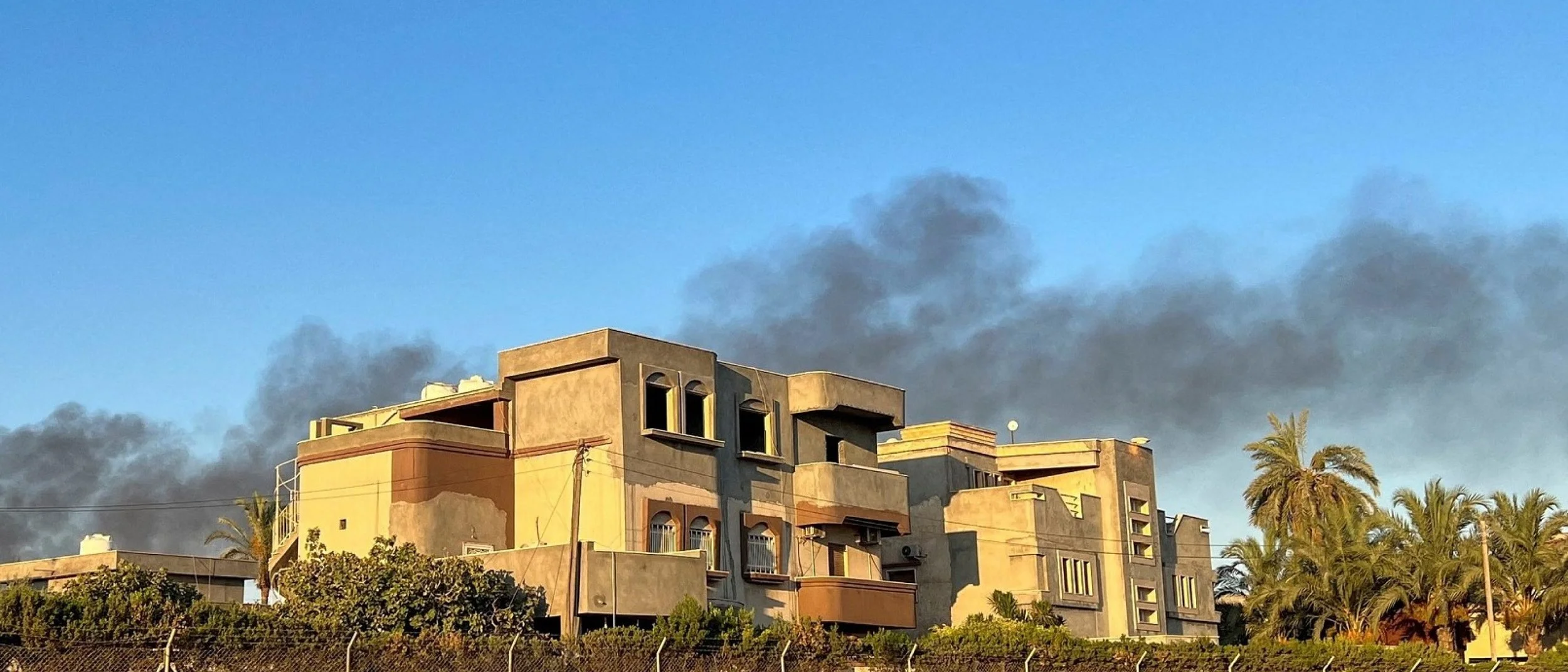On 29 July, the Institute for International Political Studies (ISPI) published an article entitled 'Libya’s Thickening Plot: Power, Oil and Clashes', bringing in expert analysis from five senior MENA researchers in ISPI and other organisations. The article examined the recent change of Libya's National Oil Company (NOC) Chairman, with the Government of National Unity (GNU) Prime Minister Abdul Hameed Dabaiba replacing Mustafa Sanallah with Farhat Bin Qadara. The article observed that while the lifting of force majeure restrictions will positively impact Libya’s revenues, it may mar the strained relations between Dabaiba’s GNU and Fathi Bashaagha’s Government of National Stability (GNS), citing the recent wave of social unrest and clashes in Tripoli. Tarek Megerisi, Policy Fellow at the European Council on Foreign Relations (ECFR) noted that the international process’ failure to deliver elections has left Libyan elites fighting to consolidate power with violent results. For Megerisi, without elections conflict will continue to mar Libyan politics. Regarding the recent wave of protests, Aldo Liga, Research Fellow at ISPI, found the arrangement between Dabaiba and Haftar and lifting of force majeure restrictions is likely to alleviate some social grievances and reduce the number of protests in the near future.
Read the full article and other expert analysis here.

